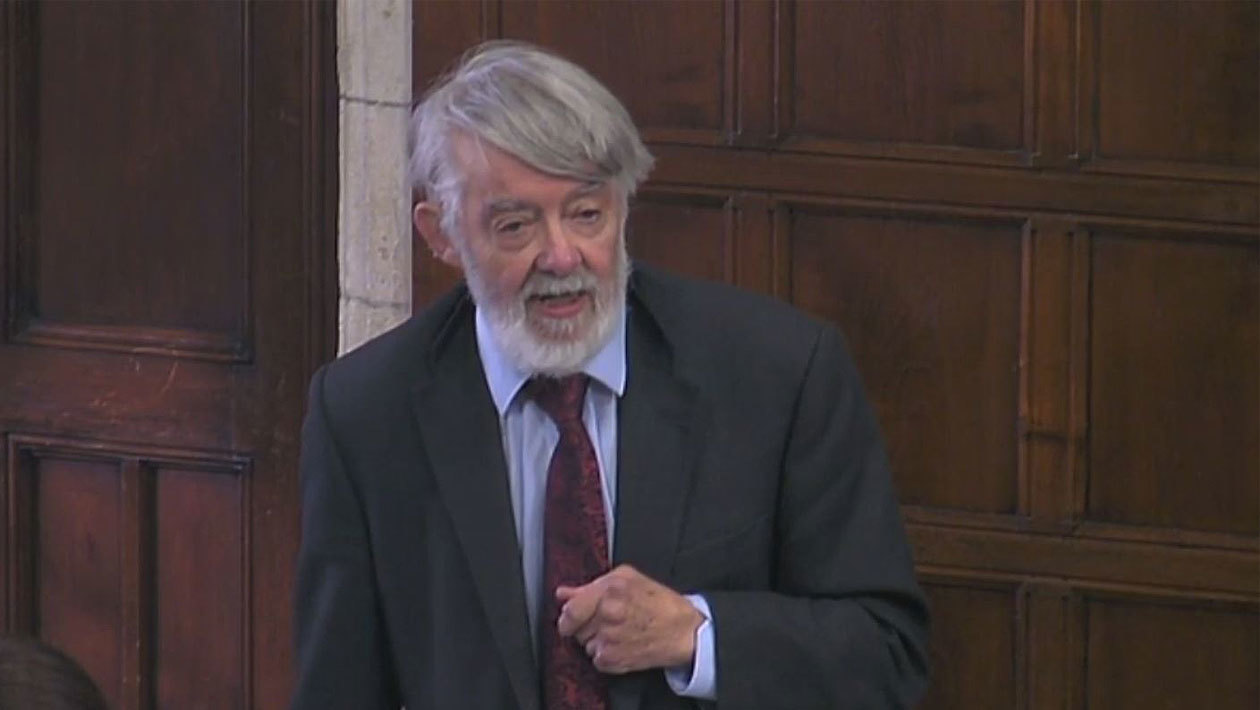This petition was submitted during the 2015-2017 parliament
Petition End the badger cull instead of expanding to new areas
Since 2013, thousands of badgers have been killed in a Government cull attempting to control bovine TB. Against scientific advice & before a 4 year trial has completed, the government is now expanding the cull to new counties - tens of thousands of healthy badgers could be killed.
More details
Experts in disease control and animal welfare agree that pilot badger culls have proven both ineffective and inhumane. Shooting badgers is also expensive, costing tax-payers some £5,000 per animal. Bovine TB is a serious problem but killing badgers is not the solution, and could actually make the situation worse. It is a costly distraction from an effective solution incorporating vaccination, increased cattle movement control measures and improved testing.
This petition is closed This petition ran for 6 months
108,320 signatures
Show on a map the geographical breakdown of signatures by constituency
100,000 signatures required to be considered for a debate in Parliament
Parliament debated this topic
Government responded
This response was given on 21 September 2016
The Government is pursuing a comprehensive bovine TB eradication strategy including tighter cattle controls, biosecurity, and badger control in areas where the disease is widespread.
Read the response in full
Bovine TB is the greatest animal health threat to the UK. Dealing with this dreadful disease is costing taxpayers over £100 million each year and last year alone more than 28,000 cattle had to be slaughtered in England, causing devastation and distress for farmers and rural communities, where often herds have often been built up over many generations.
That is why it is essential that we eradicate bovine TB.
We are taking strong action to deliver a long-term plan to eradicate the disease and protect the future of the UK’s dairy and beef industries, with a comprehensive strategy including tighter cattle testing and movement controls, improving biosecurity on farm and when trading, and badger control in areas where badgers are an important factor in spreading disease to cattle.
This approach is backed up by the evidence and experience of other countries. This approach has successfully eradicated bovine TB in Australia and is working in Ireland and New Zealand.
There is still a long way to go. While cattle controls can have a significant impact, the Government’s Chief Veterinary Officer and the British Veterinary Association agree that we won’t eradicate the disease without dealing with the spread of TB from infected wildlife too.
There is broad scientific consensus that badgers are implicated in the spread of TB in cattle in parts of England.
TB was first found in English badgers in 1971. In 1974 badgers were removed from a severely infected cattle farm with the result that there were no herd TB outbreaks there for five years. Between 1975 and 1978 the Ministry of Agriculture, Fisheries and Food funded work that demonstrated conclusively that there is a link between TB in badgers and cattle. Subsequent work in Ireland has reaffirmed that finding.
The Krebs Review observed that between 1975 and 1979 when gassing was used to remove badgers, cattle TB incidence in the South-West fell from 1.65% to 0.4%, a 75% reduction. Subsequently, in the late 1970s and early 1980s, more widespread badger removal was carried out in three areas. In Thornbury, Gloucestershire, cattle TB incidence fell from 5.6% in the ten years before badger removal to 0.45% in the fifteen years afterwards, a reduction of 90%. In Steeple Leaze, Dorset, there were no herd TB outbreaks for seven years after badgers were removed. In Hartland, Devon, cattle TB incidence dropped from 15% in 1984 to just 4% in 1985, a reduction of more than two thirds.
Following concerns that those exercises lacked rigorous scientific ‘controls’ the government commissioned the Randomised Badger Culling Trial (RBCT). Despite the challenge of the Foot and Mouth Disease outbreak, the RBCT showed that in the four years after proactive badger removal there was a significant reduction in cattle TB incidence relative to control areas. The greatest relative reduction seen was 54% in the eighteen months after proactive badger removal operations, when the full benefits began to appear. The RBCT confirmed what the previous exercises had shown.
Licensed badger control operations led by local farmers and landowners in parts of Gloucestershire, Somerset and Dorset have shown that it is safe, humane and effective in reducing the number of badgers needed to bring down disease levels in cattle.
Based on the advice of the Chief Veterinary Officer, we are extending this approach over a wider area to bring greater disease control benefits to hard-pressed farmers in the South West.
We have also funded licensed private badger vaccination projects to help create a buffer zone around the South-West where TB is most widespread. However TB vaccination does not provide complete protection and it has no impact on infected badgers so it cannot replace culling and a shortage of the vaccine means it’s not an option right now.
To ensure we have a successful and resilient industry, we are determined to use all available measures necessary to eradicate this devastating disease as quickly as possible.
We will continue to deliver on our 25-year strategy for a TB-free England.
Department for Environment, Food and Rural Affairs
Related activity
MPs debate badger culling and bovine TB
On 7 September, MPs debated badger culling and bovine TB.
You can watch the debate here: http://parliamentlive.tv/event/index/f1662df6-ed33-4717-bfb8-2e0f664a9464?in=16:29:30
You can read the debate here:
https://hansard.parliament.uk/commons/2016-09-07/debates/16090732000001/BadgerCullingBovineTB?utm_source=petition165672&utm_medium=email&utm_campaign=debate
This was a debate in Westminster Hall, the second debating chamber of the House of Commons. Dr Paul Monaghan MP successfully entered a ballot system for this debate. This is one way backbench MPs can get debates in Parliament. You can find out more about Westminster Hall debates on the Parliament website: http://www.parliament.uk/about/how/business/debates/westminster-hall-debates/
You can read impartial information from the House of Commons Library on badger culls in England on the Parliament website: http://researchbriefings.parliament.uk/ResearchBriefing/Summary/SN06837
